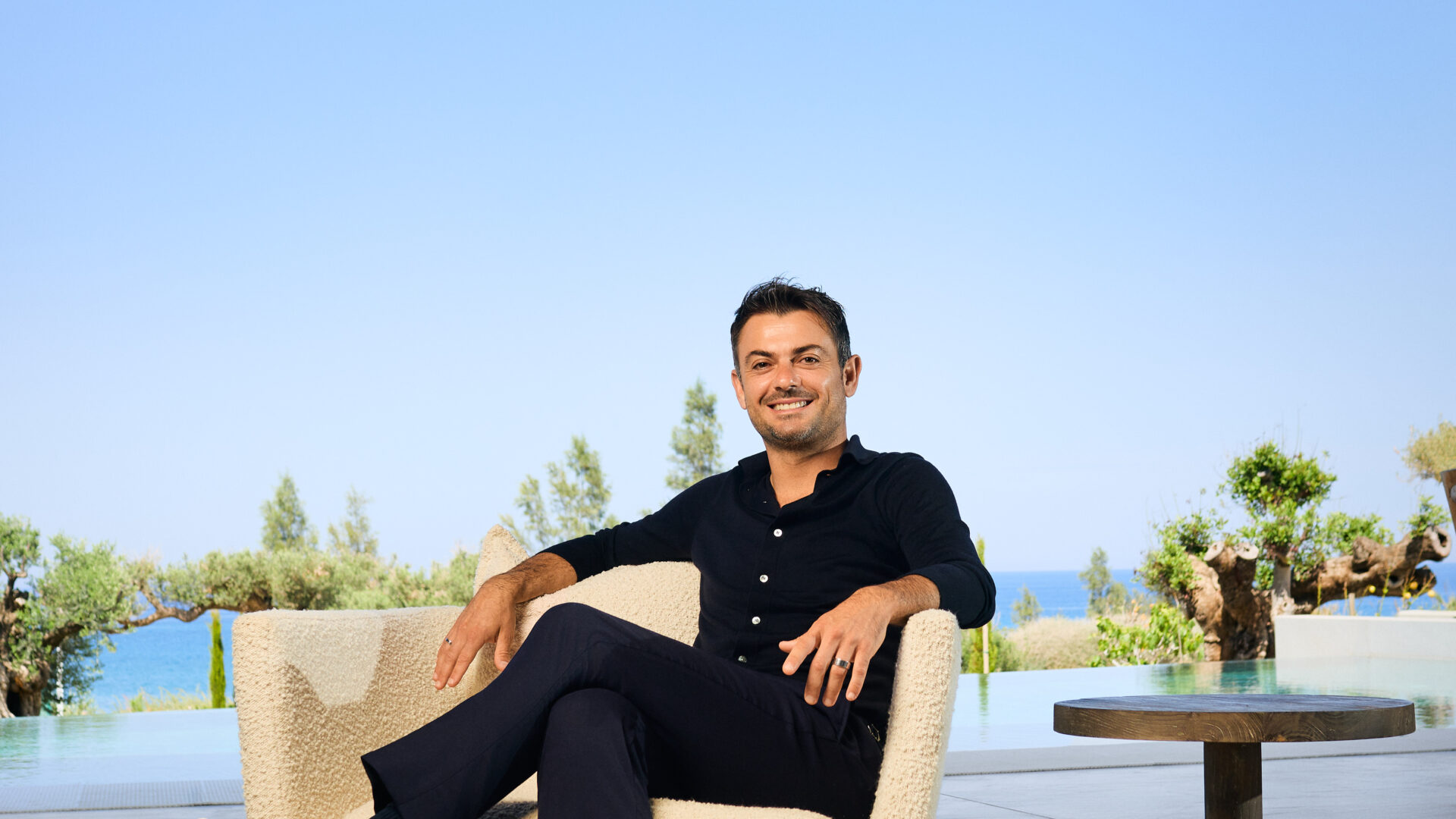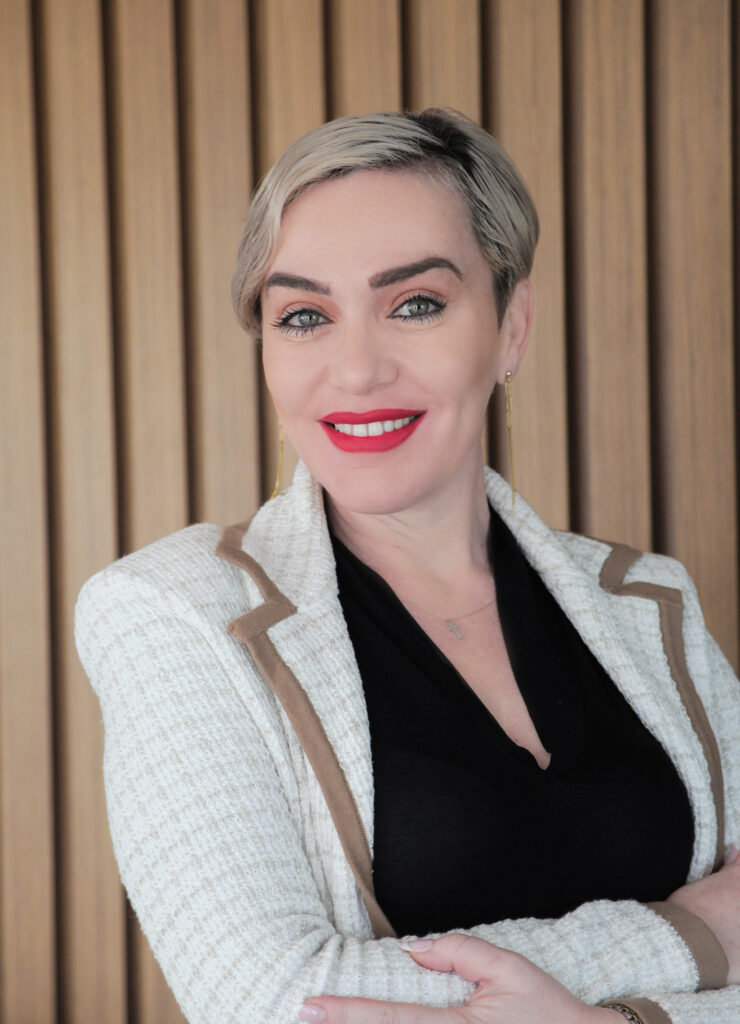Karma Group has completed more than 150 residential and tourist projects. The Group was founded in 1985 as the first land development company in the free Famagusta district and is now celebrating 40 years of success, having firmly established its reputation in the real estate market.
In an interview with InBusinessNews, the CEO of Karma Group, Nikolas Karoullas, emphasizes that the Group’s main focus remains the development of projects in the Famagusta district, with particular emphasis on coastal developments. He also notes that the Setai project in Limassol has been completed, while a small apartment complex in Nicosia is currently in its early development stage.
At the same time, the Karma Group has placed great focus on creating more “boutique” developments that prioritize energy efficiency, modern design, and environmental respect. A characteristic example is the Halki complex, located in the Panagia area of Protaras, while construction is also progressing on the Alaya Eco Villas complex.
Mr. Karoullas highlights that the free Famagusta area has all the necessary features to strengthen its position in the real estate market. He explains that it is not only a summer destination but also a region with long-term potential for permanent residence, investment, and quality living, something that gives it an advantage and a strong foundation to gain a larger share of the market.
How does the Karma Group reflect on 40 years of successful presence? What are the most important milestones in the Group’s journey?
Karma Group was founded in 1985 and was the first land development company in the free Famagusta district. To date, we have completed more than 150 residential and tourist projects.
Our founders, Mr. Pambos Karoullas and Mr. Pieros Markoullis, succeeded in creating a group built on strong foundations: construction quality, timeless projects, and after-sales services, building long-lasting relationships of trust with our clients and partners.
Our goal was not only to remain in the market but to constantly become better, specialize in what we do, and create projects with lasting value. With dedication, humility, and hard work, we have managed to build a reputation in the real estate sector that allows us to envision the future without moving away from our core values, despite the challenges in the market.
Some of the projects that have shaped the Famagusta district are Mythical Resort & Spa, with 400 residential units, tennis and football courts, a playground, a café, a gym, and 6,000 sq.m. of green areas, which has given new life to the Kapparis area. Also, the Milos holiday homes in Protaras, the award-winning Eden Residences in the heart of Protaras, and the beachfront residences ICON.
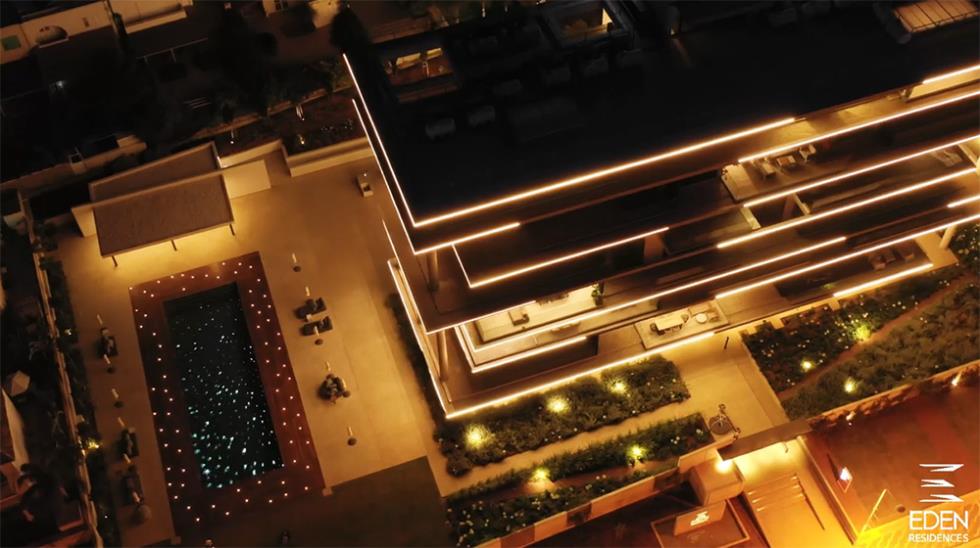
Boutique developments and expansion to other cities
What are the Group’s next plans and how is the expansion to other cities progressing? What projects are currently under development or nearing completion?
By monitoring and studying market trends in Cyprus, the Group has set a goal to develop more “boutique” projects, with emphasis on energy efficiency, modern design, and environmental respect.
A key example is the Halki complex, located in the Panagia area in Protaras. It has been designed to blend into the natural landscape, visually “reducing” its volume through the materials and colors used.
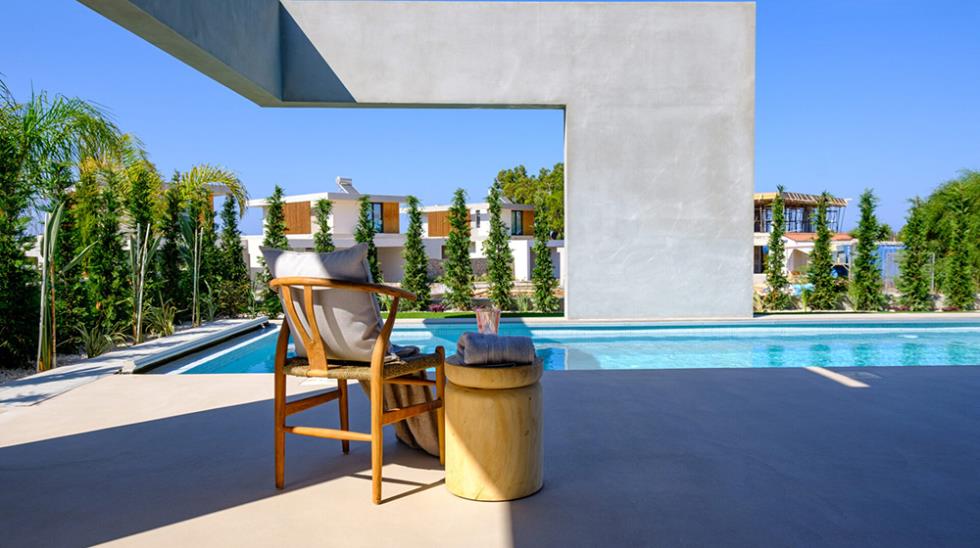
At the same time, we are in the construction phase of the Alaya Eco Villas complex, which has already been awarded at the International Property Awards in the category of Sustainable Residential Development.
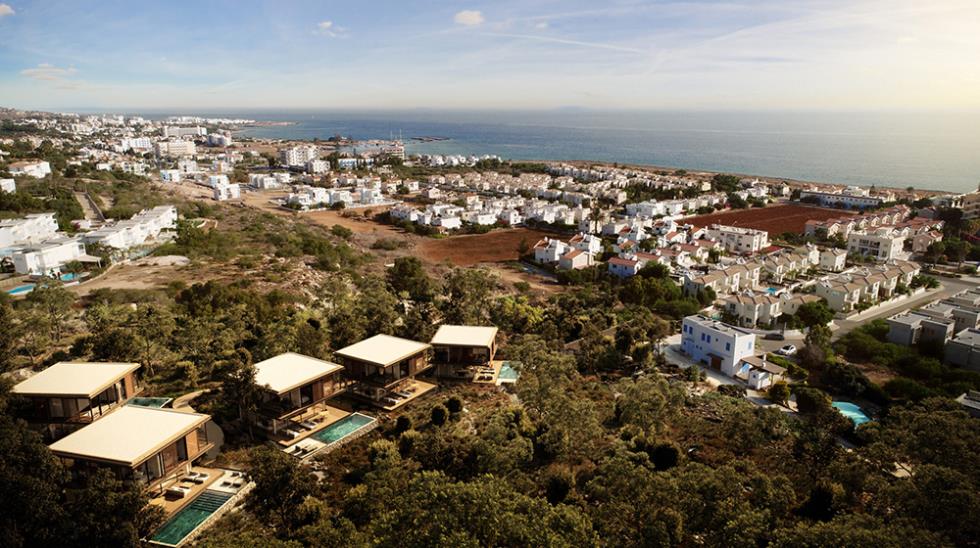
The name Alaya means “the foundations we give to a child to shape a wise and virtuous character.” It is the first ecological complex in the Famagusta district, with an energy efficiency class A. It uses recyclable materials and water recycling systems, minimizing its impact on the natural environment.

Our main goal remains the development of projects in the Famagusta district, especially coastal developments. At the same time, we have completed the Setai project in Limassol and are at the early stages of developing a small apartment complex in Nicosia.
What challenges does the construction sector face, and what solutions do you propose?
The real estate sector in Cyprus has proven that, with the right regulations and legislation, it can be a strong driver of the economy and of high-quality development. However, what we see today—especially after the crisis that affected both the country and the sector—is that the necessary steps have not been taken to ensure more rational and controlled development.
First, regulating the profession of property developers is now an urgent necessity. It would significantly strengthen transparency and credibility within the real estate sector while protecting buyers. Clear professional requirements can safeguard consumer interests, enhance trust in the market, and promote proper operation of the sector.
Second, we consider the reform of the Licensing Authority (EOA) essential. However, the licensing process must be significantly simplified, as must the parameters, laws, regulations, and urban zones taken into account. Today, the workload of the officials is extremely difficult and time-consuming, slowing down development.
Finally, urban planning in each region plays a crucial role in solving the housing problem and supporting commercial and economic development. What is missing is a long-term strategic plan of at least 20 years that sets the direction for the country. Instead, we are often influenced by short-term trends and daily demands without having a clear path forward.
What are the construction sector’s performance indicators and expectations for this year?
The construction sector is showing steady signs of recovery. For this year, we expect an increase in building permits and property sales, indicating that the market remains active and dynamic. At the same time, the gradual easing of credit conditions makes access to loans easier, supporting both buyers and investors. Overall, we see a more positive outlook for the sector, with prospects for further growth in the coming years.
Famagusta — a region with strong potential
How can the free Famagusta area claim a larger share of the real estate market?
The free Famagusta area has all the characteristics needed to strengthen its position in the real estate market: strategic location, beautiful beaches, strong tourism appeal, and new infrastructure such as the Paralimni Marina. With the development of modern projects that combine quality and environmental respect, and with improved planning by the authorities, such as urban planning and investment incentives, the region can attract even more foreign and local buyers.
Famagusta is not just a summer destination. It is a region with potential for permanent residence, investment, and quality living. This is its advantage and the foundation for gaining a larger share of the market.

